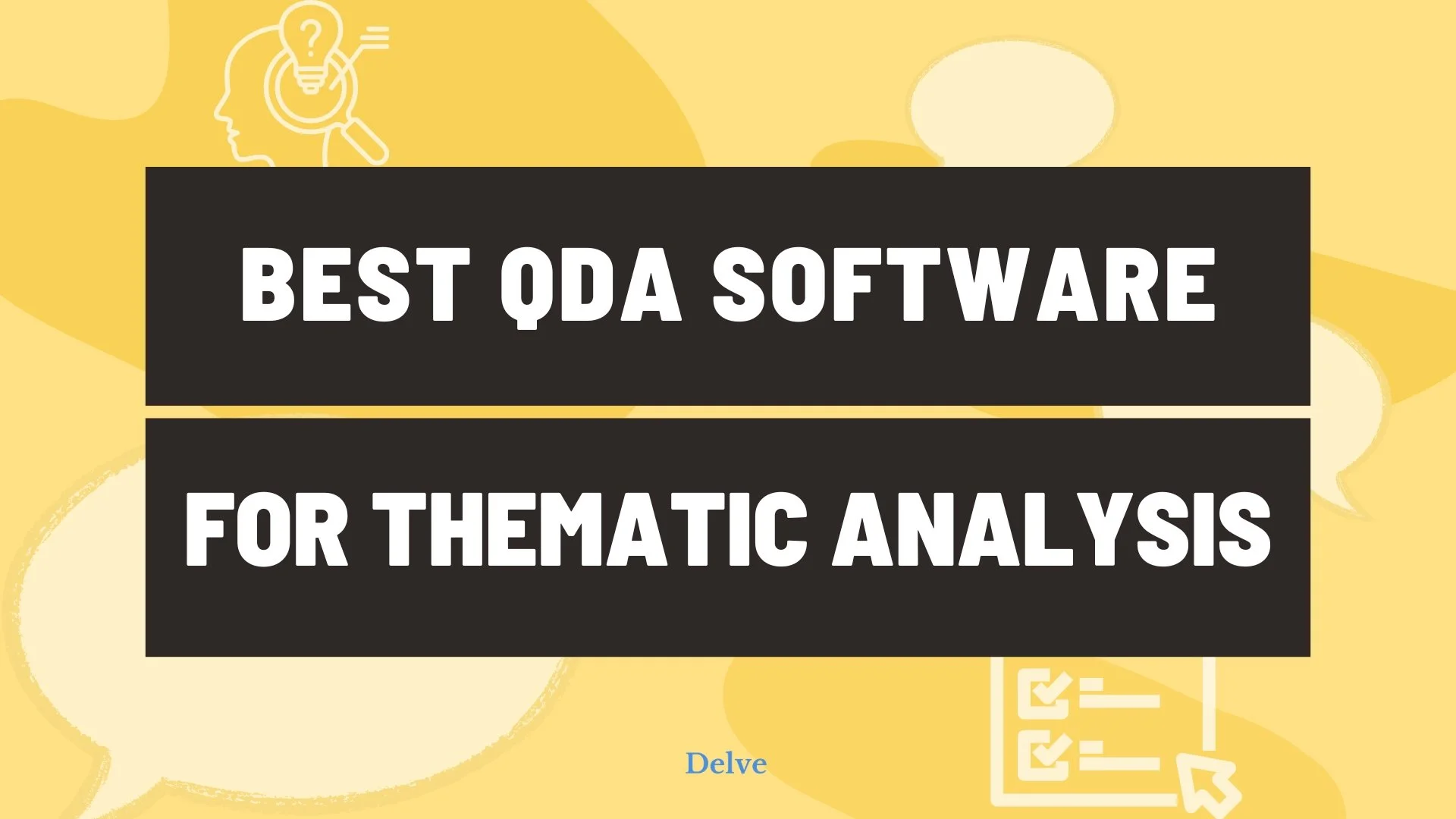Deductive and Inductive Coding with Delve
Check out the Online Course on Qualitative Data Analysis to learn more about qualitative coding.
Start a free trial of Delve, qualitative coding software.
If you have questions, email us at team@delvetool.com
This article looks at the limitations with the “dump and done” approach, then highlights a few ways ChatGPT and Delve’s AI-assistant still save you time for thematic analysis.
Action research turns you into a researcher of your own classroom practices. The challenge is finding the right NVivo alternative to simplify your work.
Compare the most popular qualitative coding software available today, covering learning curves, AI-assisted coding, collaborative features, and more.
We tested seven qualitative data analysis platforms already being used in classrooms to see how they handle the practical realities of teaching methodology courses.
We compare NVivo, ATLAS.ti, MAXQDA, Quirkos, Taguette, Dedoose, and Delve to find tools that streamline thematic analysis.
See how Dr. Garcia Ramos simplified her workflow and published NSF-funded research using Delve.
In vivo codes utilize the language and terminology used by the participants rather than alternative methods where codes are researcher-derived.
In vivo codes use the direct language and terminology used by the participants rather than alternative methods where codes are researcher-derived.
This article walks through modern methods for qualitative survey analysis.









Thematic analysis involves reading through a data set and identifying patterns in meaning across the data.